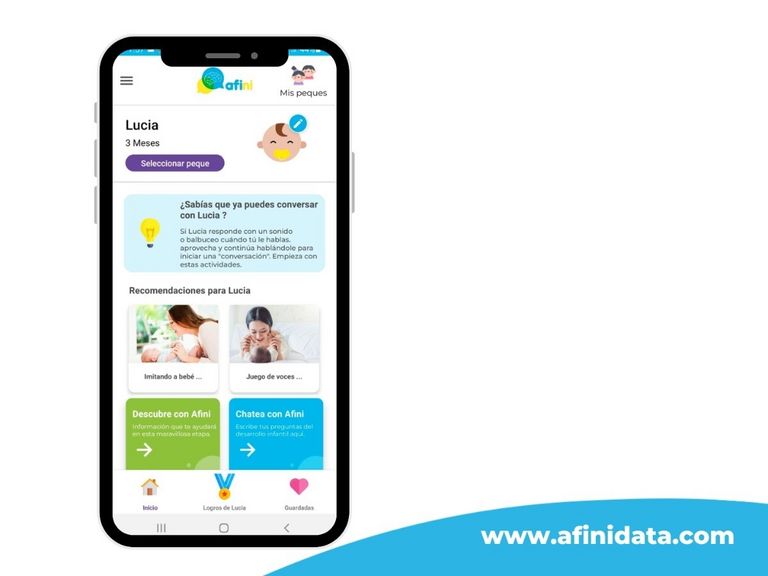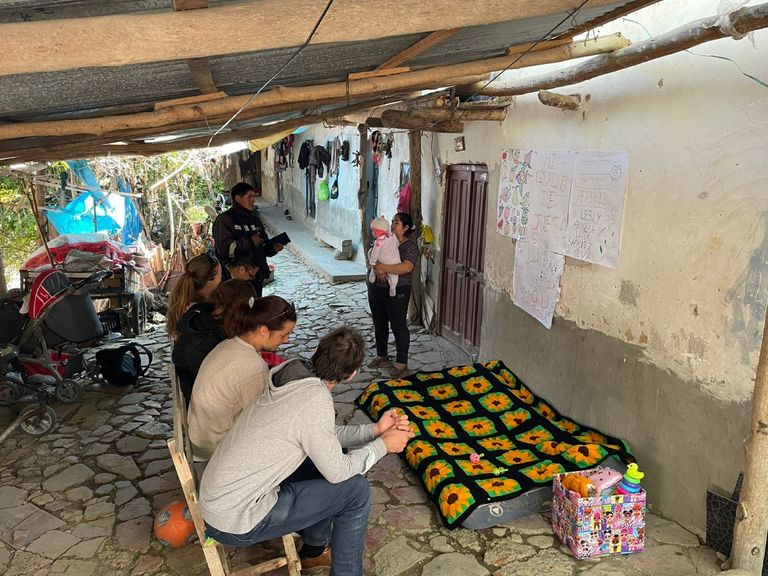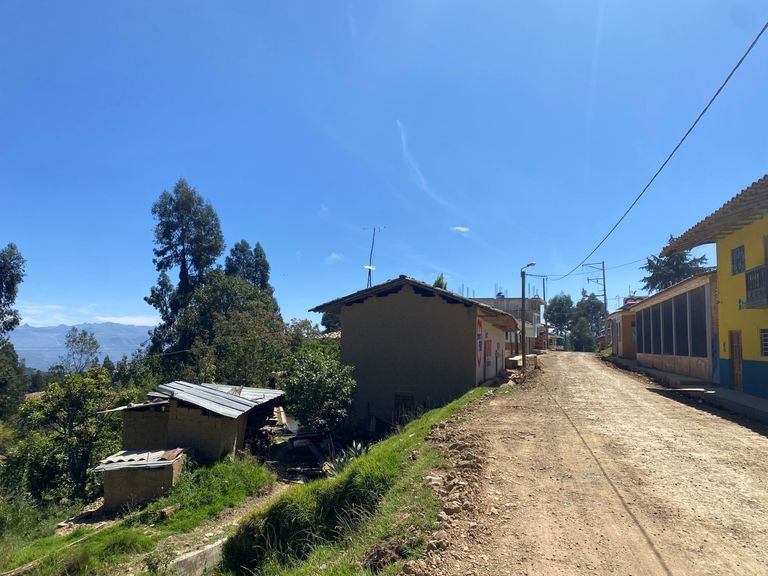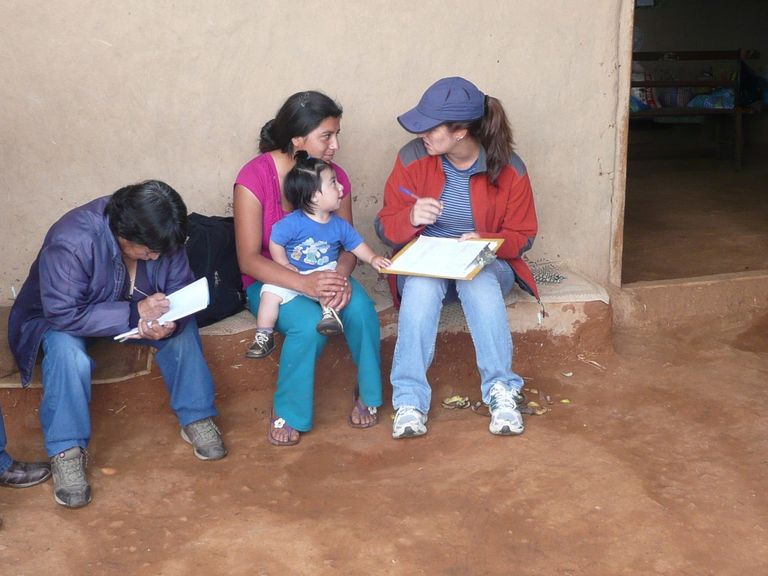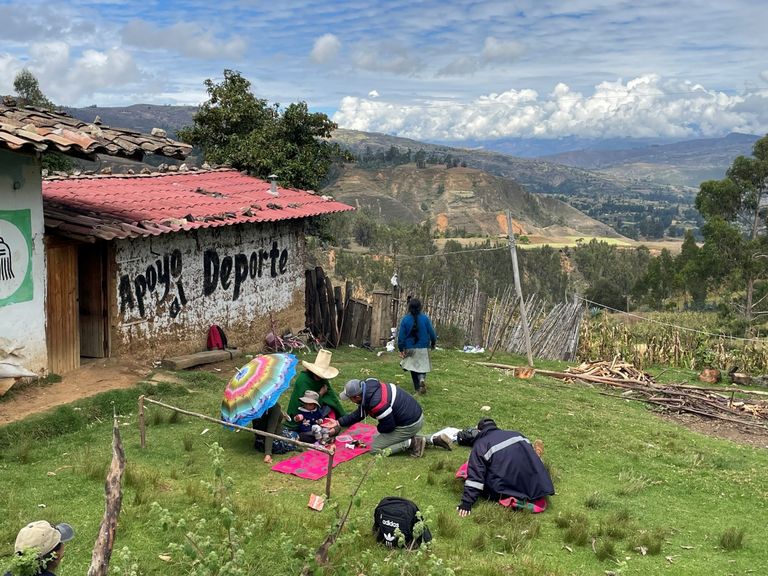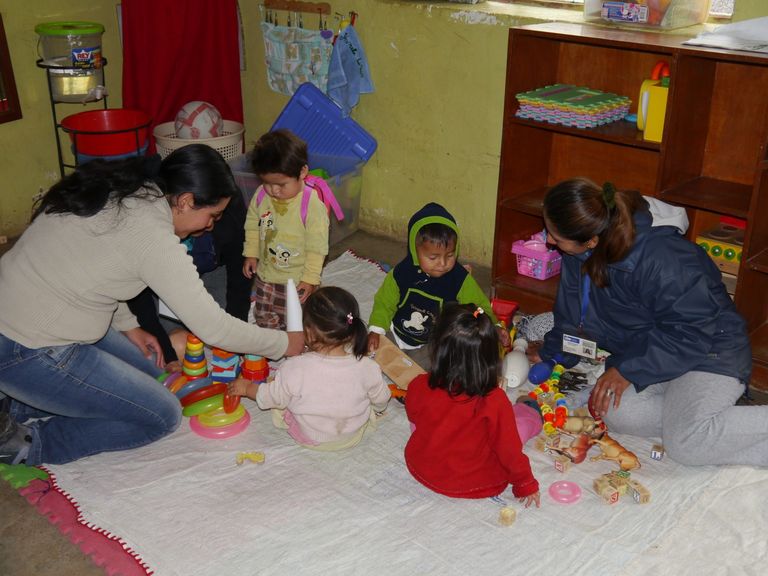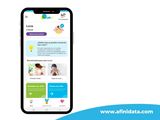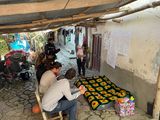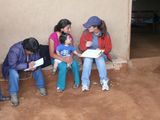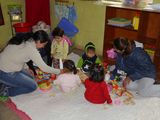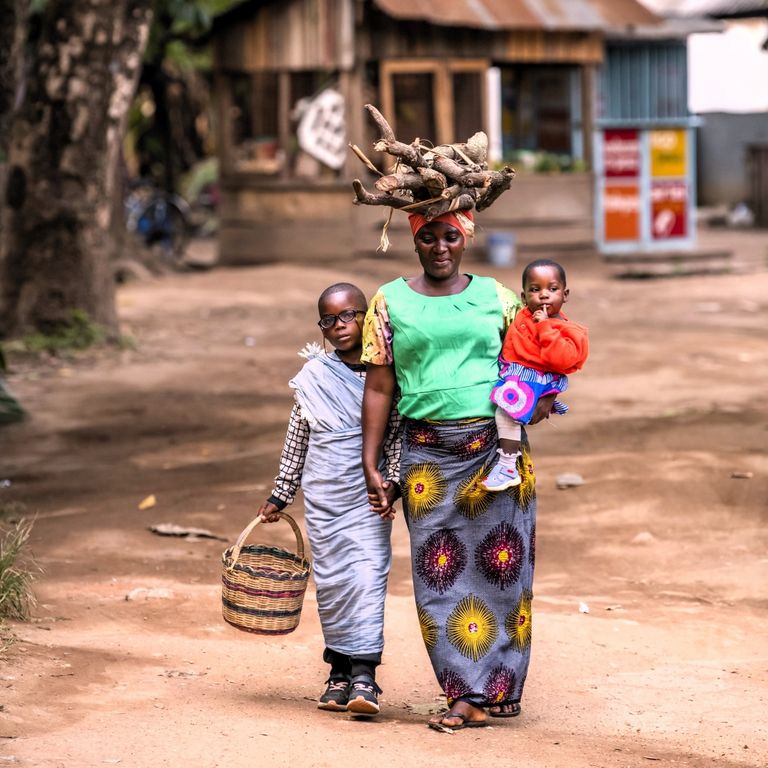

Digital Support Systems to Improve Child Health and Development in Low-Income Settings
In many low- and middle-income countries, families living in remote areas often have insufficient access to healthcare and health-related services to adequately support their children's development in the first years of life. Digital tools, however, help fill this gap. This research project assessed the efficacy and improves the performance of a mobile phone-based interactive application powered by AI (artificial intelligence) with the aim to further develop this digital tool to help parents best support their children's development in the first 1,000 days of life.
Hundreds of millions of children in low- and middle-income countries face early-life adversities such as poverty, malnutrition, and infectious diseases, which delay their development. In addition, there is growing evidence that the level of nurturing care a child receives in the early years plays an important role in shaping their development. Interventions that improve the environment in which infants and young children grow up are therefore being implemented to improve their future life and health trajectories.
Currently, the most promising interventions for improving child development in low-income settings are home-visiting programmes, in which healthcare staff or social workers help parents support their children's healthy development. However, scaling up such programmes remains a challenge in many countries due to economic, social, and logistical barriers. The growing universal availability of mobile phones, though, is opening new avenues to overcom these challenges, enabling healthcare services to reach even the most vulnerable populations through digital devices.
The research consortium, comprising Swiss TPH, the University of Basel, ETH Zurich, the Universidad Peruana Cayetano Heredia (UPCH) and the Harvard Graduate School of Education, brought together expertise in early childhood development, epidemiology, health economics, and AI to improve a currently available mobile application named Afinidata. The AI platform provides parents with a personal digital assistant that offers detailed guidance on children's health development. In this study, the team evaluated the reach, impact and scalability of the platform through a study involving 2,400 families with young children in the province of San Marcos in Peru. Through this study, the research team not only learned about the potential reach and impact of the app but also gathered feedback from local communities to further improve the app's ability to support children's healthy development. In the future, similar platforms could be scaled up to reach families in remote or diverse settings at relatively low cost.
Günther Fink speaks about the research project and its goals:
Project Publications
Jäggi L et al. Parenting in the digital age: a scoping review of digital early childhood parenting interventions in Low- and Middle-Income Countries (LMIC). Public Health Rev. 2025;45:1607651. DOI: 10.3389/phrs.2024.1607651
Hartinger Peña S.M et al. Digital support systems to improve child health and development in Peru: protocol for a randomized controlled trial. JMIR Res Protoc. 2023;12:e50371. DOI: 10.2196/50371
Jäggi L et al. Digital tools to improve parenting behaviour in low-income settings: a mixed-methods feasibility study. Arch Dis Child. 2023;108(6):433-439. DOI: 10.1136/archdischild-2022-324964
